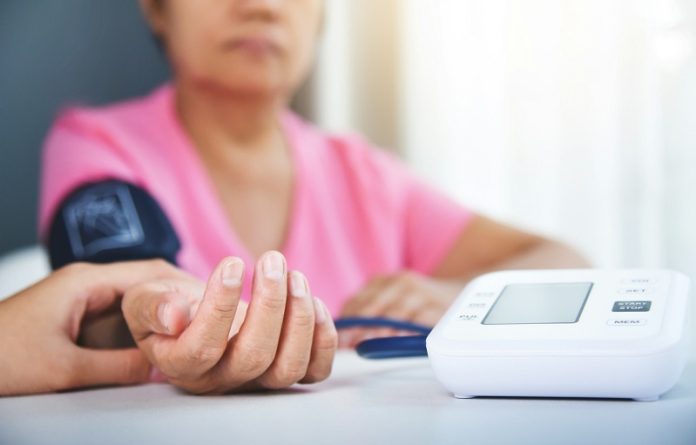
Understanding your blood pressure is an important part of staying healthy. Blood pressure shows how hard your blood is pushing against the walls of your arteries as your heart pumps it around your body. If the pressure is too high, it can quietly damage your heart, brain, and other organs over time—often without any warning signs.
When you get your blood pressure checked, you’ll see two numbers. The first (or top) number is called the systolicpressure. This tells you how much pressure is in your arteries when your heart is beating. The second (or bottom) number is called the diastolic pressure.
This shows the pressure in your arteries when your heart is resting between beats. A typical healthy reading is about 120/80 mmHg. In this example, 120 is the systolic number, and 80 is the diastolic.
Doctors generally consider a reading of 120/80 mmHg or lower to be normal. If your blood pressure is between 120/80 and 129/80 mmHg, it’s considered elevated. This means it’s not yet high, but you should make changes to your lifestyle to keep it from rising.
A reading of 130/80 mmHg or more is considered high blood pressure, or hypertension. This condition increases the risk of heart attacks, strokes, kidney damage, and other health problems.
High blood pressure is often called the “silent killer” because it usually doesn’t cause symptoms until the damage is already serious. That’s why regular checks are so important, especially for people with risk factors such as being overweight, smoking, eating too much salt, not exercising, drinking too much alcohol, or having a family history of high blood pressure.
To get an accurate blood pressure reading, it’s best to sit quietly for a few minutes first. Use a good-quality monitor and place the cuff on your upper arm, making sure it’s at the same level as your heart. Avoid talking or moving while the monitor is working. Taking two or three readings and using the average can give a better picture of your true blood pressure.
It’s normal for your blood pressure to change during the day. Exercise, stress, meals, and sleep can all cause your numbers to go up or down. But if your readings are often high, it’s time to speak with your doctor. They can help you understand what’s happening and what steps you can take.
The good news is that high blood pressure can often be managed with healthy habits. Eating more fruits, vegetables, and whole grains while cutting back on salt and fatty foods can help. Being active most days of the week, losing extra weight, drinking less alcohol, and not smoking are all proven ways to lower blood pressure.
In some cases, lifestyle changes aren’t enough, and medication may be needed. There are several kinds of blood pressure medicines, including those that help the body get rid of extra fluid, relax blood vessels, or slow the heart rate.
Your doctor will choose the best one for you based on your health and any other conditions you might have. If you’re given medicine, be sure to take it as directed and talk to your doctor about any problems or side effects.
Having your own blood pressure monitor at home can help you keep track and notice patterns. Writing down your readings and sharing them with your doctor can help you both understand how well your plan is working.
In short, knowing your blood pressure numbers—and what they mean—is a key step in protecting your health. Normal is around 120/80 mmHg. If your numbers are higher, it’s important to take action. Whether through healthy changes or medical treatment, you can take control of your blood pressure and reduce your risk of serious problems in the future.
If you care about high blood pressure, please read studies that early time-restricted eating could help improve blood pressure, and natural coconut sugar could help reduce blood pressure and artery stiffness.
For more information about blood pressure, please see recent studies about How to eat your way to healthy blood pressure and results showing that Modified traditional Chinese cuisine can lower blood pressure.
Copyright © 2025 Knowridge Science Report. All rights reserved.



